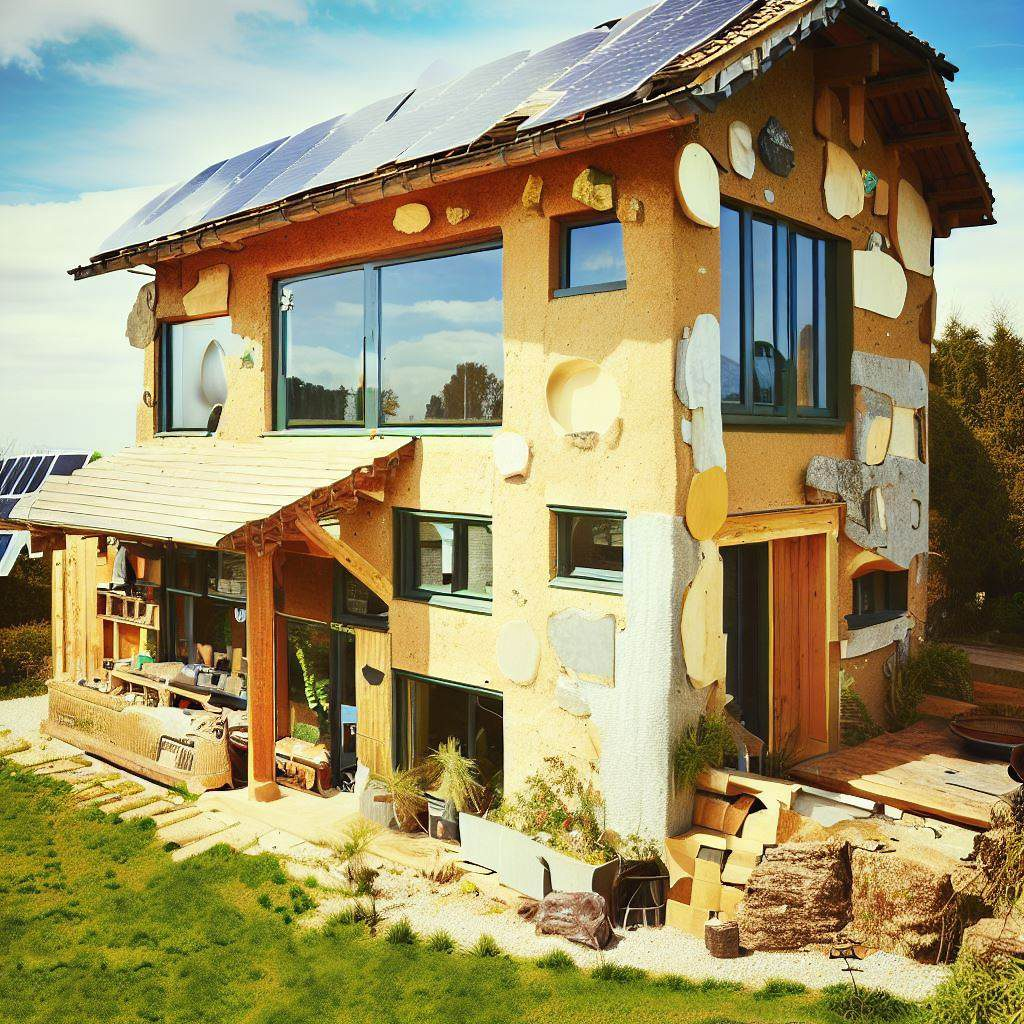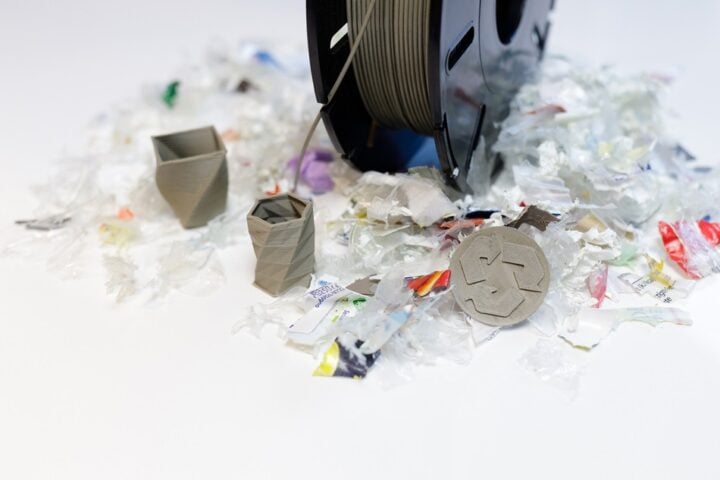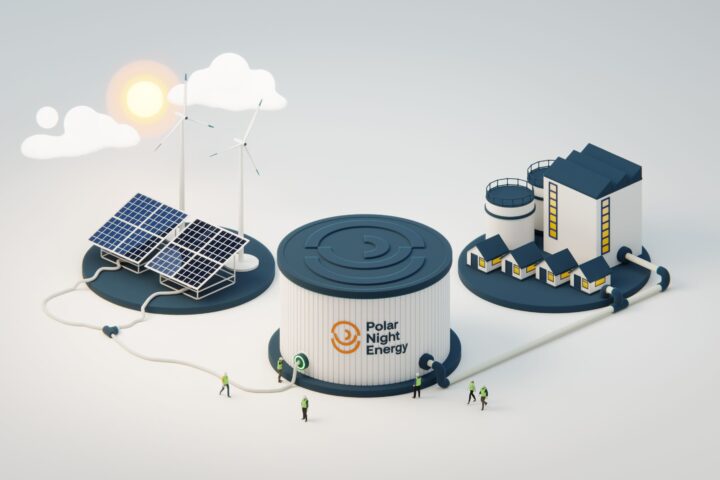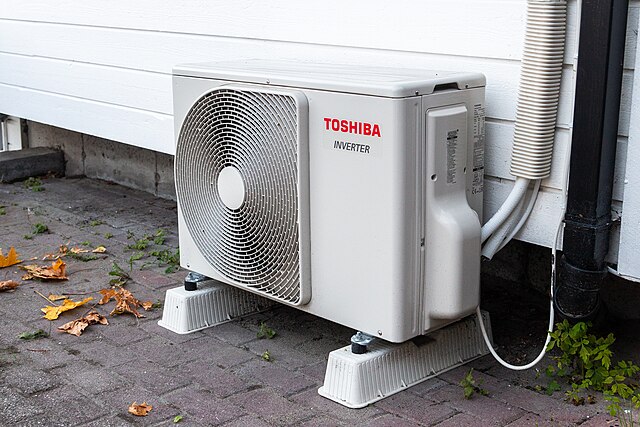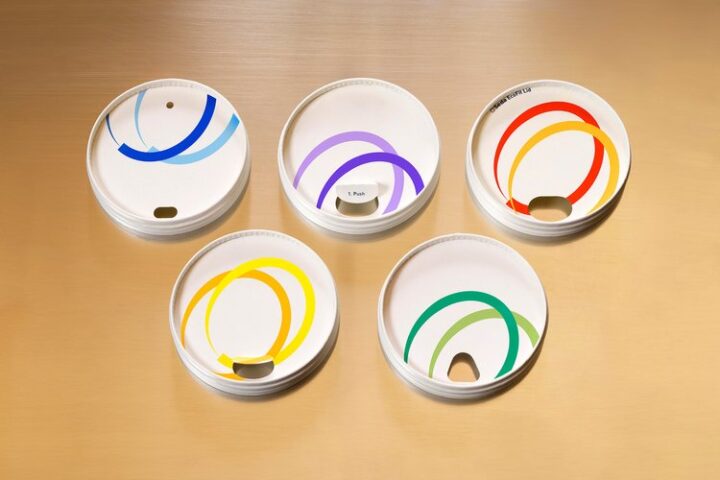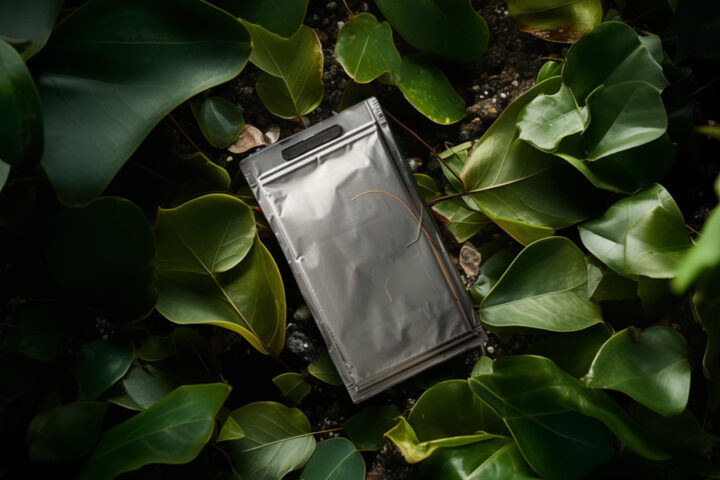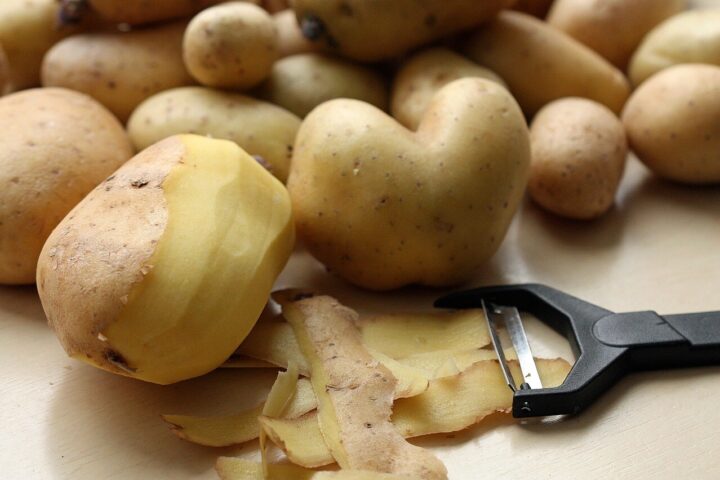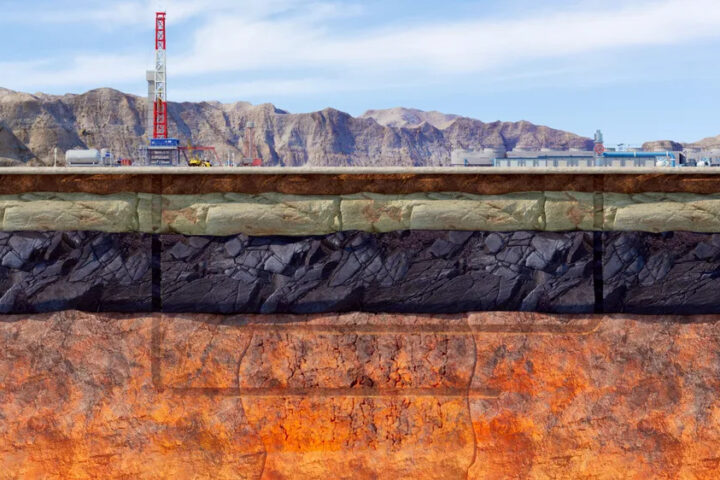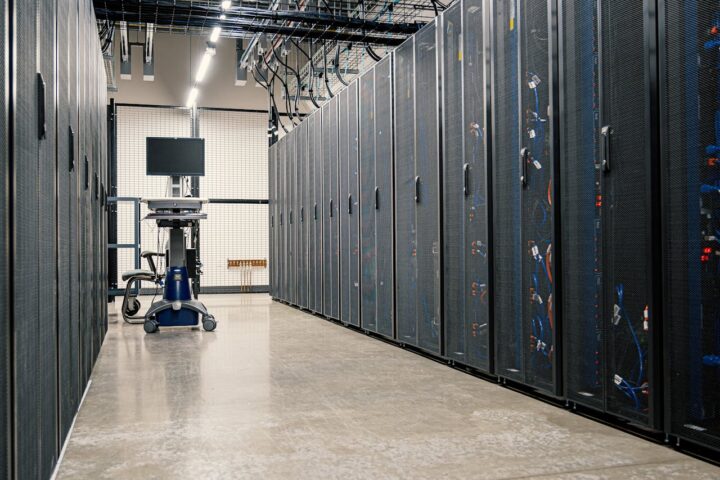In an age of increasing environmental consciousness, sustainability in our homes has become not just beneficial, but essential. Our daily routines, from the appliances we use to the waste we produce, contribute significantly to our carbon footprint. As responsible inhabitants of this planet, it is incumbent upon us to mitigate this impact.
Integrating sustainable systems into our homes not only reduces harm to the environment but can also translate into considerable cost savings. From energy-efficient appliances to water conservation methods, smart technology to waste management, every small change contributes to a larger global effort.
This guide provides ten practical strategies to transform your living space into an eco-friendly haven. Together, we can make sustainability not just a choice, but a way of life.
Upgrade to Energy-Efficient Appliances:
Opt for home appliances like refrigerators, washing machines, and dishwashers with the Energy Star label, signifying superior energy efficiency. Utilize smart power strips to automatically shut off power to devices when not in use, reducing ‘phantom’ energy usage. Furthermore, consider induction cooktops, which are more energy-efficient than traditional electric or gas stoves because they heat the cooking vessel directly.
Install Solar Panels:
A solar feasibility study can help assess the viability of installing solar panels at your home. This study considers factors such as sun exposure, roof orientation, and potential shading. It’s crucial to understand the available government incentives, tax credits, and financing options for solar installations. Additionally, consider pairing your solar system with battery storage to harness excess energy for use during cloudy periods or peak demand.
Ensure Proper Insulation:
Air leaks can be a major source of energy loss, so be proactive in identifying and sealing gaps around windows, doors, and other areas using weather stripping and caulk. Prioritize upgrading insulation in your walls and attic to maintain a stable indoor temperature and conserve energy. If replacing windows, opt for double or triple-glazed models with low U-values for enhanced insulation.
Similar Post
Conserve Water:
Switching to low-flow fixtures, such as faucets, showerheads, and toilets, can dramatically reduce water usage. Consider setting up rain barrels or cisterns to collect rainwater for watering plants and gardens. Furthermore, installing a greywater system can help treat and recycle water from sinks, showers, and laundry for landscape irrigation.
Prioritize Efficient Doors and Windows:
Select window frames made of insulating materials like vinyl, fiberglass, or wood-clad over aluminium. Multi-pane windows with low-emissivity coatings can also help reduce heat transfer and boost energy efficiency. Apply weather stripping and door sweeps to prevent drafts and maintain a comfortable indoor climate.
Use Recycled Building Materials:
Choose recycled materials like lumber, bricks, or metal for construction or renovation projects. Consider using renewable resources such as bamboo flooring, which grows much faster than traditional hardwoods. Opt for paints with low or zero volatile organic compounds (VOCs) to improve indoor air quality.
Practice Sustainable Waste Management:
Install composting bins in your backyard to convert food scraps and yard waste into nutrient-rich compost for your garden. Set up recycling stations in your home to facilitate proper waste separation. Before discarding usable items, consider donating or repurposing them to reduce landfill waste.
Utilize Smart Home Technology:
Programmable or learning thermostats can optimize energy usage by adjusting heating and cooling based on your habits. Smart lighting systems with remote control capabilities and automated schedules can help conserve energy. Using smartphone apps or smart meters to track real-time energy usage can help identify further conservation opportunities.
Opt for Native and Drought-Resistant Landscaping:
Native plants, well-adapted to your region’s climate, generally require less water and maintenance. Implement xeriscaping principles, which involve designing landscapes with drought-tolerant plants and efficient irrigation systems. Opt for compost from your garden instead of chemical-based products for your plants.
Invest in High-Efficiency HVAC Systems:
Consider a heating, ventilation, and air conditioning (HVAC) system with a high Seasonal Energy Efficiency Ratio (SEER) rating for improved energy performance. Regular maintenance ensures efficient operation and prolongs the system’s lifespan. Programmable or smart thermostats can help set energy-saving schedules and adjust temperatures based on daily routines.
